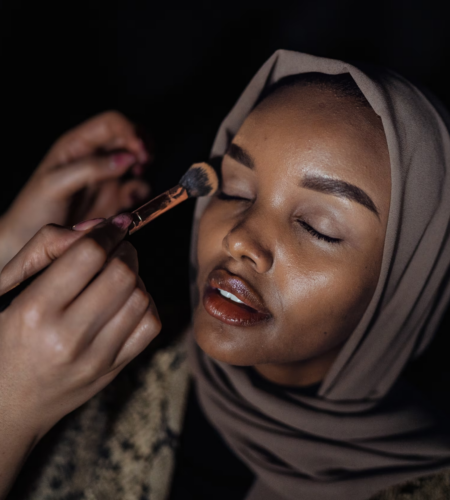In a world where authenticity and self-expression are becoming paramount, Millennials are leading a transformative shift in beauty standards. This generation is challenging traditional ideals and redefining what it means to be beautiful. Central to this evolution are themes of body positivity, inclusivity, and the powerful influence of social media.
Embracing Body Positivity
Body positivity has emerged as a cornerstone of the new beauty paradigm. This movement encourages the acceptance and celebration of all body types, pushing back against the narrow ideals that have long dominated the industry. Social media platforms like Instagram and TikTok are now vibrant spaces where people of all shapes, sizes, and backgrounds share their stories and showcase their bodies.
Influencers and activists are at the forefront of this change, using their platforms to promote messages of self-love and acceptance. The rise of hashtags such as #BodyPositivity and #EffYourBeautyStandards highlights a growing movement that normalizes a broader spectrum of body types and fosters a more inclusive dialogue around beauty. This shift not only challenges outdated standards but also inspires individuals to embrace and celebrate their own unique forms of beauty.
Celebrating Diversity and Inclusivity
Millennials are also advocating for greater diversity and inclusivity in media and advertising. There’s a clear push for brands to feature models of different ethnicities, ages, and abilities. This movement is reshaping the beauty industry, which is now recognizing that beauty is not one-size-fits-all but a rich tapestry of diverse experiences and appearances.
The demand for inclusivity is evident in the beauty sector, where brands are expanding their product ranges to cater to various skin tones and needs. Companies are increasingly offering products that address different skin types and conditions, reflecting a broader societal shift towards acknowledging and valuing diverse identities. This push for inclusivity isn’t just about adding more options; it’s about making sure that everyone can find products that work for them and feel represented in the beauty landscape.

The Role of Social Media in Shaping Self-Image
Social media has revolutionized how beauty standards are formed and shared. Platforms like Instagram, TikTok, and YouTube allow individuals to curate and broadcast their own definitions of beauty, moving away from monolithic ideals. This democratization of beauty has led to a more personalized and varied representation.
Influencers, beauty bloggers, and everyday users contribute to a richer and more inclusive portrayal of beauty. They share their real-life experiences, offer makeup tutorials for different skin tones, and openly discuss body positivity. This grassroots approach challenges traditional beauty norms and provides a more nuanced understanding of self-image.
Furthermore, social media has sparked movements like “unfiltered beauty,” where users highlight the realities of their appearance without digital alterations. This trend addresses the pressure to conform to edited and unrealistic standards, encouraging people to embrace their natural selves. By showcasing unretouched photos and promoting transparency, these movements help demystify beauty and promote self-acceptance.
The Impact on Mental Health
The shift in beauty standards has significant implications for mental health. Traditional ideals can contribute to self-esteem issues, body dysmorphia, and eating disorders. By challenging these norms and promoting inclusivity, Millennials are fostering a healthier relationship with self-image.
Body positivity and diversity initiatives play a crucial role in enhancing mental well-being. When people see themselves represented in media and feel supported by their communities, it can positively impact their self-esteem and overall mental health. This supportive environment helps individuals feel valued and accepted, which is essential for mental and emotional well-being.
Moving Forward: The Future of Beauty Standards
As Millennials continue to lead this change, the future of beauty standards looks more inclusive and diverse. The emphasis on authenticity, representation, and body positivity is reshaping how beauty is perceived and celebrated. While there are still challenges, such as addressing entrenched biases and achieving broader industry changes, the efforts of this generation are paving the way for a more accepting and realistic portrayal of beauty.
The evolution of beauty standards underscores the power of social movements and the influence of digital platforms. By embracing and celebrating diverse forms of beauty, Millennials are not only transforming the beauty industry but also fostering a more inclusive and positive society. This shift is a testament to the impact of collective action and the ongoing quest for a world where everyone feels seen and valued.
In summary, Millennials are driving a profound change in how we define and experience beauty. Their focus on body positivity, inclusivity, and authenticity is creating a more diverse and supportive environment. As these new standards continue to evolve, they promise to create a more inclusive and affirming world for everyone.


